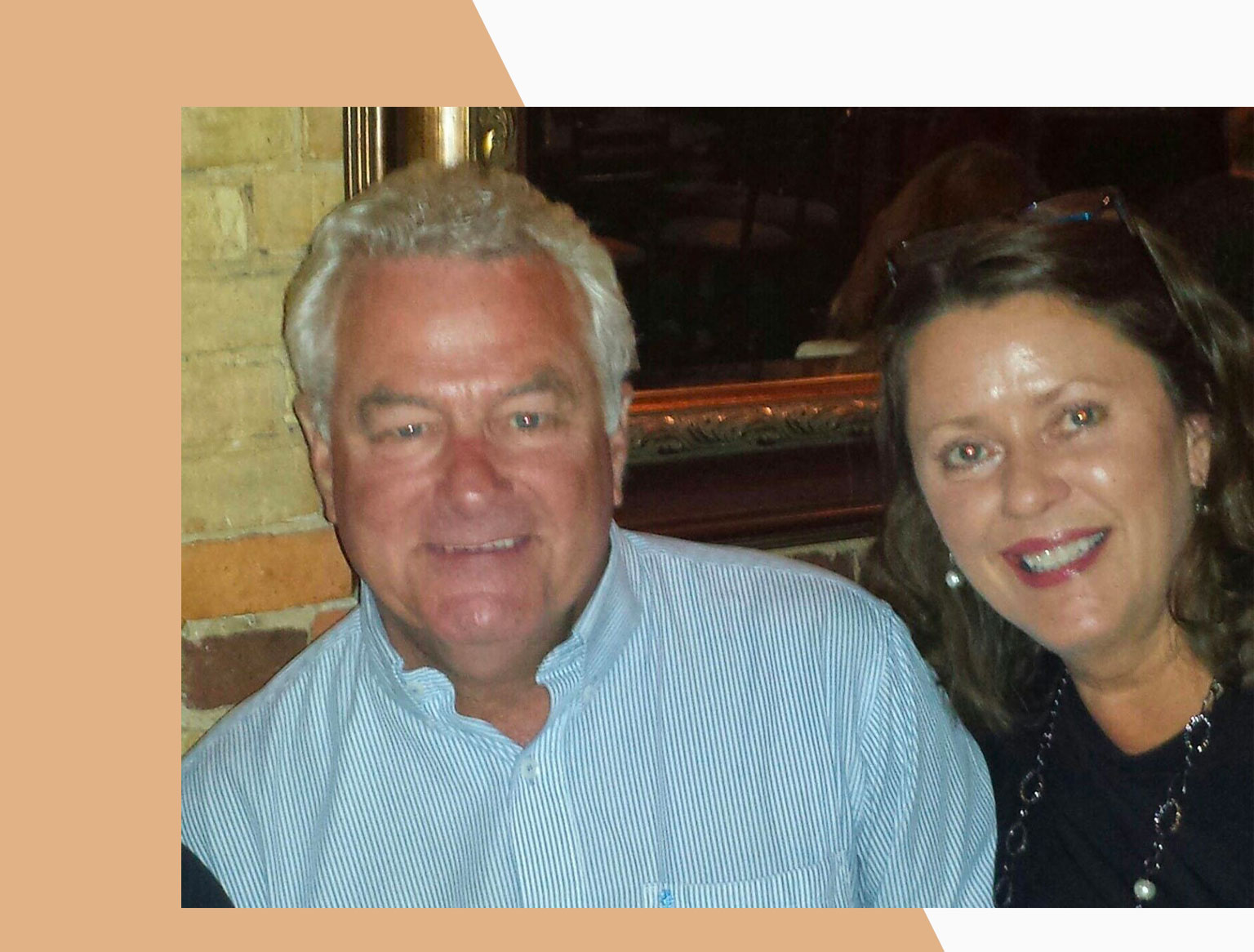Preserving Principles: Chip and Julie Wisse’s Investment in Freedom
At a dinner party in Grand Rapids in the early 1990s, Chip and Julie Wisse met some devout Roman Catholics who introduced them to the Acton Institute. This chance encounter blossomed into a decades-long relationship that profoundly shaped both their worldview and their legacy planning.
“We talked about this a little bit,” Chip recalls. “I would go to all the functions that happened during the day, and then I would talk her into taking a day off to come to a special speaker luncheon.” Those early experiences with Acton Institute resonated deeply with Julie, who spent her career as a special education teacher. Many of Acton’s speakers addressed economic issues and human dignity—topics close to her heart after years of working with children facing various challenges.
For the Wisses, Acton Institute checks all the boxes. “It’s a religious organization, but it’s not an overtly religious organization,” Chip explains. “One of its goals is to educate religious leaders as to the merits of capitalism and free markets, and we think that’s very important.”
“One of its goals is to educate religious leaders as to the merits of capitalism and free markets, and we think that’s very important.”
They appreciate how Acton challenges the socialist-leaning economic theories that still influence many religious leaders while maintaining a strong moral foundation.
The Wisses have been particularly impressed by Acton’s non-sectarian approach. Though founded and led by Father Robert Sirico, a Catholic priest, the organization welcomes people of all faiths and backgrounds. “There are people there of all different denominations and religious backgrounds,” Chip notes. “It’s a really cool thing that they are inclusive of all faith backgrounds.”
This commitment to inclusivity extends beyond religious diversity. The Wisses have witnessed firsthand how Acton brings together people from various walks of life who share a commitment to freedom and virtue. “We always meet the most comfortable people,” Julie reflects. “It feels like you’re at a family dinner.” From high-powered attorneys to academics to business leaders, the Acton community consistently impresses them with its warmth and intellectual engagement.
Their connection to Acton has even led to unexpected international friendships. When Julie’s nephew was studying in Buenos Aires, Acton staff connected them with Cecilia, who directed an Acton-affiliated group there. “That was probably the best day in Argentina that we spent,” Julie remembers fondly.
The Wisses have been particularly moved by Acton’s Emerging Leaders Program, which selects promising young people for intensive training in the principles of a free and virtuous society. After attending a recent gathering, Chip was deeply encouraged: “When I met all of these young men and women, they’re all to a person nice, religious people. This gives me great hope for our country.”
This hope for the future has inspired the Wisses to include Acton Institute as one of three organizations in their estate planning, alongside their church and Hillsdale College. As members of the Lord Acton Legacy Society, they are ensuring that Acton’s mission will continue long into the future.
“We’re so confident of the goal and the mission of the Acton Institute,” Chip emphasizes. This confidence extends beyond the current leadership: “Even after we’re gone, and maybe Father and Kris are not there anymore, the Acton Institute will continue in like manner and continue to fulfill its function of working for a free and virtuous society.”
The Wisses see their legacy gift as a way to extend their impact beyond their lifetimes. While Chip’s career in sales didn’t always feel directly meaningful in and of itself, he finds deep satisfaction in knowing that his legacy will support Acton’s vital work. “Part of my legacy then is that with some of the money that we’ve acquired, I’m excited,” he shares. “I mean, I hope we don’t peg out for a few more years…but I’m excited about the fact that eventually some of our money is going to go to Acton because there is a certain altruism there.”
This thoughtful approach to legacy planning reflects the Wisses’ deep appreciation for how Acton Institute combines free market principles with Judeo-Christian values. As Chip observes, “You need more than just free markets. You need the hand of God. You need the Judeo principles to guide you in that marketplace.”
Through their membership in the Lord Acton Legacy Society, Chip and Julie Wisse are helping ensure that future generations will continue to benefit from Acton Institute’s unique mission of promoting a free and virtuous society. Their story exemplifies how individual supporters can help build lasting institutions that preserve and advance the principles they hold dear.

